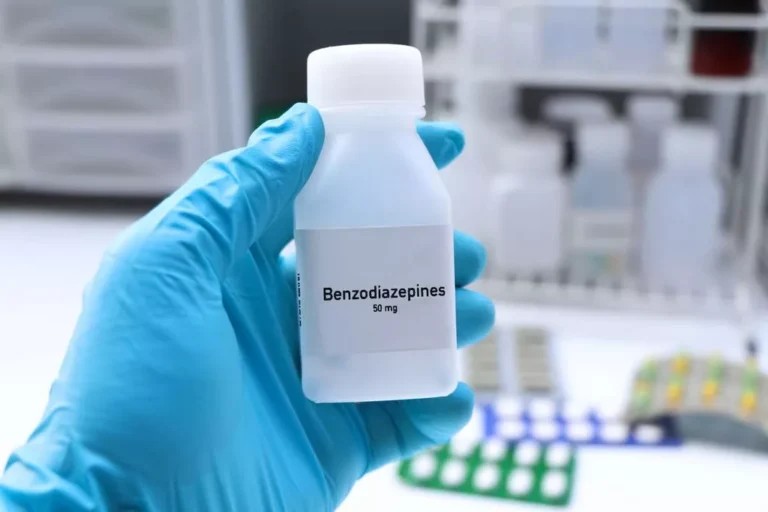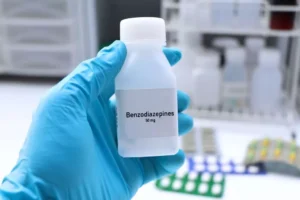
Ultimately, regular medical check-ups serve as a preventive strategy for maintaining quality of life and prolonging independence, particularly for those navigating the challenges of alcohol recovery. This proactive approach enhances overall health and helps in the early identification of factors that could lead to alcohol-induced seizures. During check-ups, doctors can monitor for signs of chronic conditions that may increase seizure risk, such as hypertension or diabetes. They can also review and adjust any medications that could adversely interact with alcohol, thereby reducing seizure likelihood. Substance misuse is defined as the repeated use of a psychoactive substance for purposes other than those for which they are meant to be used or using them in excessive amounts.
Why Professional Help Is Essential

These withdrawal seizures can occur within a few hours to a few days after alcohol cessation. It is essential to recognize the potential risks and seek appropriate medical care and supervision during alcohol withdrawal. In some cases, medical detoxification may be necessary to manage alcohol withdrawal symptoms and reduce the risk of seizures. This process involves supervised withdrawal in a controlled environment, with the support of healthcare professionals. Detoxification helps individuals safely navigate the early stages of withdrawal and transition to further treatment. Identifying these risk factors is crucial in managing alcohol withdrawal and mitigating the potential for seizures.

Recovery Begins Here
Engaging in heavy and prolonged alcohol consumption significantly heightens the risk of experiencing alcohol withdrawal seizures. The body becomes accustomed to the presence of alcohol and adapts to its effects. When alcohol consumption is abruptly stopped or reduced, the central nervous system may become hyperexcitable, leading to seizures. The duration and intensity of alcohol use play a role in determining the risk level. Alcohol withdrawal refers to the physical and psychological symptoms that occur when a person abruptly stops or reduces their alcohol intake after a period of heavy and prolonged drinking. The severity and duration of withdrawal symptoms can vary depending on factors such as the individual’s overall health, the duration and intensity of alcohol use, and any co-occurring medical conditions.

Can one night of heavy drinking cause a seizure?
- Within this category of seizures, there are also subcategories, and these generally have the same characteristics of being conscious, but perhaps not visually.
- Furthermore, alcohol-related seizures have unique characteristics that set them apart from other types of seizures.
- This is a serious complication of the alcohol withdrawal syndrome and needs to be treated in a hospital emergency room.
If you’re dependent on alcohol, you may need to go through a tapering period with the help of a doctor. People with moderate-to-severe alcohol use disorder often begin with a medical detox program. Depressants like alcohol can cause your muscles to relax, but withdrawal can cause tremors, muscle tightness, and seizures. Alcohol withdrawal seizures are similar to tonic-clonic seizures, which are often seen with issues like epilepsy. The second phase involves rapid tightening and relaxing of the muscles, which involve convulsions that can lead to serious injuries.
- This proactive approach enhances overall health and helps in the early identification of factors that could lead to alcohol-induced seizures.
- We’re talking about someone’s future here, and it shouldn’t be left in the hands of anyone but the best.
- Yes, in severe cases where prompt medical attention is not received, an alcohol-related seizure can be life-threatening and lead to death.
- Detox centers provide supervision and, if necessary, medical support around the clock.
UAB experts provide insight into alcohol and substance misuse, dangers and steps one can take to minimize the risk. The misuse of alcohol and other psychoactive substances including prescription medications affects the health and well-being of millions of Americans each year. Alcohol impacts several neurotransmitter systems in the brain, notably gamma-aminobutyric acid (GABA) and can alcohol withdrawals cause seizures glutamate. It’s worth noting that the risk of alcohol-induced seizures may vary depending on the individual’s tolerance, frequency, and amount of alcohol consumed.
- When your body develops chemical dependence on alcohol, it adapts to a consistent chemical balance change over time.
- However, heavy and prolonged alcohol use can increase the risk of developing seizures.
- Alcohol can provoke seizures by interfering with neurotransmitters in the brain, particularly GABA, which regulates neuronal excitability.
Glutamate receptors adapt to alcohol’s depressant effects by increasing brain activity to compensate. This “balance” becomes the new normal, explaining why we become more tolerant or less affected by alcohol. This tolerance is the reason why alcohol withdrawal occurs, Halfway house and consequently, alcohol withdrawal seizures. The risk of seizures increases with the amount of alcohol consumed and the speed at which it is consumed.


When you stop drinking abruptly, a significant chemical change happens all at once. This will throw your body into chemical imbalance, which leads to uncomfortable feelings of withdrawal. A detox focuses solely on the physical health and withdrawal of the individual rather than the mental health effects of their addiction. Therefore, both areas of health should be treated rather than entering rehabilitation believing that a detox is all that is needed.
Chronic alcohol consumption alters the balance of neurotransmitters in the brain, suppressing its excitatory functions while enhancing inhibitory mechanisms. When alcohol is abruptly removed, the brain becomes hyperactive due to the sudden loss of the inhibitory effects of alcohol, leading to seizures. We can more effectively prevent seizures from alcohol withdrawal by drinking in moderation, taking a more gradual approach to quitting rather than quitting cold-turkey, and exploring supported detox.

